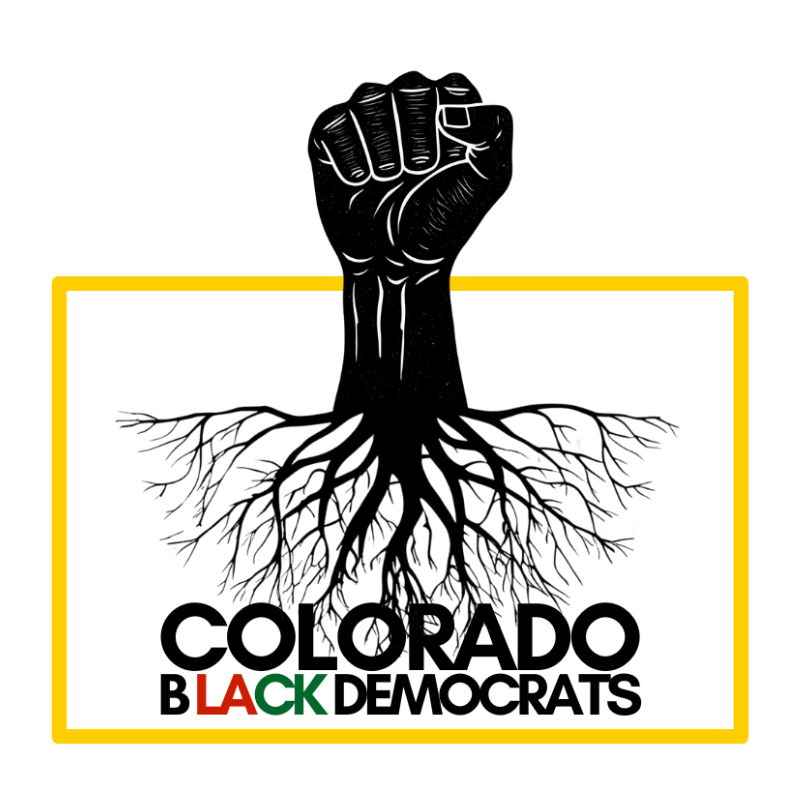"Restricting Access, Rewriting Values: The 'Opportunity Caucus' and Trump-Era Politics"
Courtesy Hashim Coates
Imagine calling yourself an "opportunity caucus" and accusing both Democrats and Republicans of being divisive, while your own caucus imposes strict restrictions and a screening process for membership. This contradiction mirrors a deeper historical and modern reality where exclusionary practices have shaped American institutions and policies, particularly affecting Black people, people of color, and women. These groups have long faced discrimination in access to organizations, schools, and government entities, and such practices are dangerously reminiscent of a vision for America advanced by figures like Donald Trump.
Historically, exclusion from organizations and institutions has been a powerful tool to maintain societal hierarchies. In the 20th century, Black Americans were systematically denied access to institutions such as the American Medical Association and professional organizations, even when qualified. This was a deliberate effort to preserve the dominance of White men in leadership roles. Similarly, Black people faced fierce barriers to education, with Ivy League universities like Harvard and Yale having explicit policies barring them from admission until the civil rights movement forced these institutions to confront their racial policies.
Women, too, have been marginalized for centuries in American society. From being excluded from universities in the 19th and early 20th centuries to being denied political participation, such as in the fight for suffrage, women, especially women of color… specifically BLACK WOMEN, faced entrenched discrimination. The 19th Amendment, granting women the right to vote, only passed in 1920, but even then, Black women, for instance, were frequently prevented from voting through tactics like literacy tests and poll taxes. These historical examples show that when access to opportunities is restricted, it reinforces systemic power structures designed to benefit a privileged few.
When examining contemporary politics, these exclusionary practices appear to have found new life in the rhetoric and policies promoted by figures like Donald Trump. Trump’s version of America, which stresses a return to "traditional values," has often been critiqued for its divisive and exclusionary nature. The "opportunity caucus," with its membership restrictions, while ostensibly promoting unity and inclusion, reflects a step toward the kind of vision Trump has espoused, a vision where rigid, often discriminatory criteria govern access to political power, social capital, and even basic rights. Trump's administration frequently promoted policies that excluded marginalized groups, from the Muslim travel ban to the dismantling of affirmative action initiatives and the rollback of protections for LGBTQ+ individuals. His rhetoric, which often pitted Americans against one another, echoes the very divisiveness the "opportunity caucus" purports to criticize.
In this context, the idea of an “opportunity caucus” with selective membership becomes part of a broader pattern that seeks to limit access and restrict opportunities, rather than ensuring inclusivity and fairness. Just as Trump’s policies reinforced divisions in American society, this new caucus, by maintaining restrictive membership, risks perpetuating a vision of America where certain groups are kept at the margins, instead of being given an equal opportunity to thrive.
Ultimately, the notion of “opportunity” must be inclusive in practice, not just in name. If any political or social group seeks to build a truly equitable society, they must embrace access and opportunity for all, not just a select few. Without such an approach, we risk sliding back into the discriminatory practices that have historically oppressed marginalized communities, making America’s progress toward equality seem like a fragile, illusory goal.


